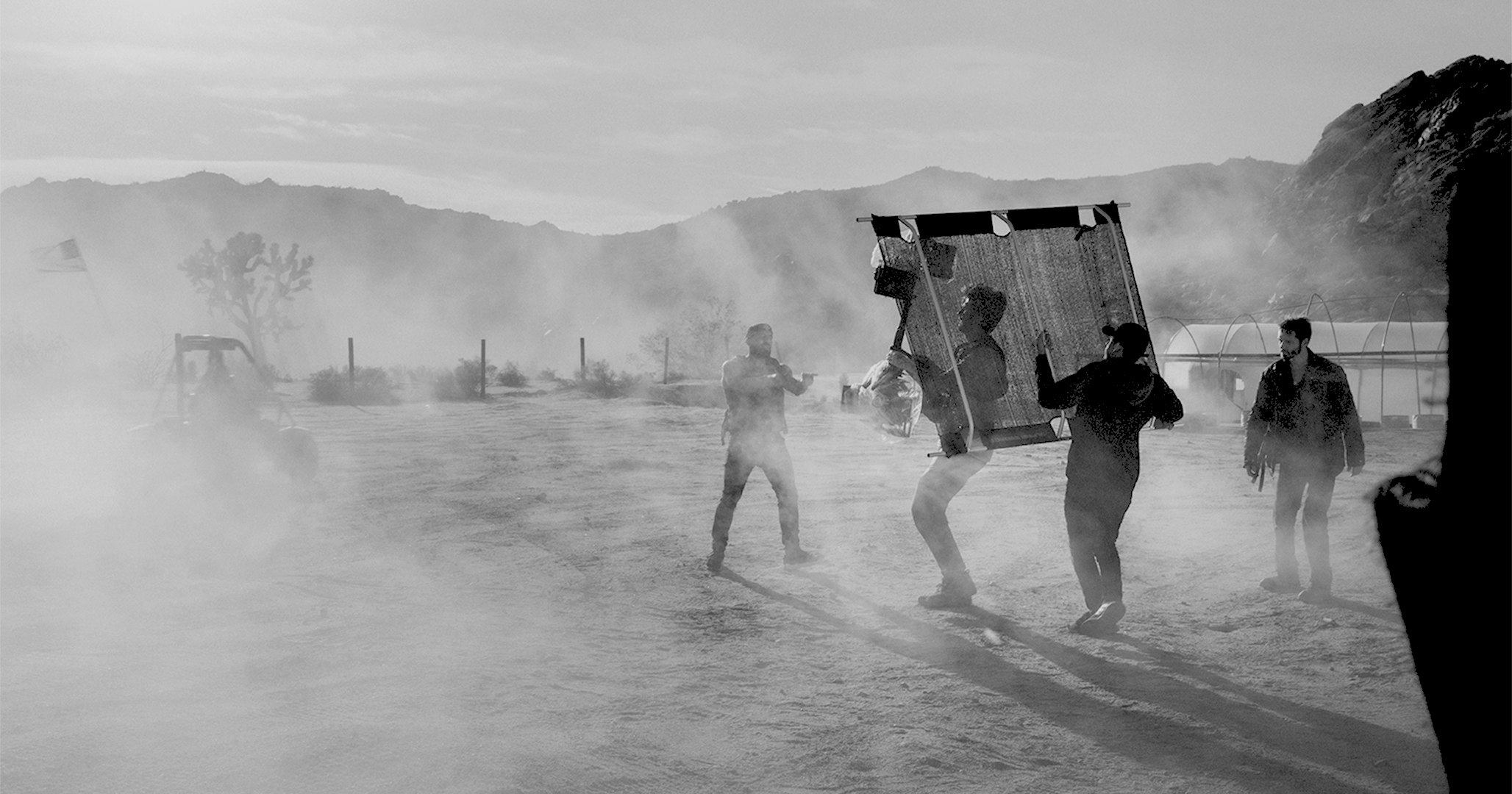
Penned by Smith D' Britto
The term “creativity” has gotten an ill-suited rapport for being the sole reason for the world getting built, and why wouldn’t it? The curious nature of living beings coupled with the desperate need to survive has forced us to find new ways and techniques to be on top. I call this phenomenon inventiveness, imagination, artistry, or just plain creativity. This leaves me wondering about some questions, “Can creativity be taught? Can you train for it? Do you either have it or you don’t?”
As a passionate fan of the big screen, I've discovered that the magic of filmmaking has me spellbound. Every frame has the ability to take viewers to new vistas of emotion and wonder in this world where imagination soars. I've been watching films for almost ten years now and I have enjoyed every single one and it did not matter if it was good or bad.
But in the midst of this fascinating world, one nagging issue remains: can filmmaking creativity be learned, or is it an uncanny talent that only a select few possess? Come along on this journey with me as we uncover the many facets of the creative process in the world of filmmaking.
I am in no shape or form a connoisseur of filmmaking. But having done a minuscule amount of short films myself gives me a fairly clear understanding about the source of artistry. The age-old argument between nature and nurture still rages in the world of creativity. Can creativity be developed and nourished, or is it a mysterious quality that some people are just born with? This discussion becomes more heated in the context of filmmaking when we take into account the complex fusion of technical mastery, artistic vision, and storytelling skill needed to create a really spectacular cinematic experience. Just “thinking” about the film won’t complete it.
One can argue that originality in filmmaking is something that can be learnt via the lens of education. Mostly because imagination alone is woefully insufficient to create a film. One's artistic horizons are expanded by the acquisition of technical skills and exposure to various styles and approaches. Aspiring filmmakers can master the craft of visual storytelling, acquire a critical eye for composition, and harness the power of cinematic language to forge powerful narratives, all of which are crucial components of a successful film.
Yet, amidst the structured learning and technical prowess, there remains an intangible essence that eludes definition—a spark that sets apart exceptional filmmakers from the rest. I call it “The Intangible Spark”. It is the capacity to inject fresh viewpoints into a narrative, to arouse visceral, raw emotions in viewers, and to leave viewers thinking and feeling long after the final credits have rolled.
This is a grey area which cannot be explained nor taught. You just have to feel it. This elusive spark, sometimes known as "the X-factor," might have its origins in natural skill. Some people appear to have a natural talent to observe the world from a fresh perspective, to recognise the remarkable in the mundane, and to turn their observations into compelling stories. It is an innate trait that cannot be learned or developed by reading books or attending courses.
Talent is notoriously deficient and is nothing without the bearers toil and consistent hard work. An individual might possess the talent of huge appetite and hunger for food, but it won’t matter if the steps towards making the food weren’t taken.
Returning to my original query, can creativity be taught? The debate over whether creativity can be taught or is innately present in people still rages on in the world of filmmaking, which is unfortunate. While formal training and technical expertise are important components of a filmmaker's journey, the intangible spark of creativity frequently arises from an intrinsic wellspring of "talent."
However, talent by itself is insufficient. It needs commitment, practice, and a readiness to pick things up quickly and adjust. In the end, it is all about our personal needs and nothing about singular deeds.
